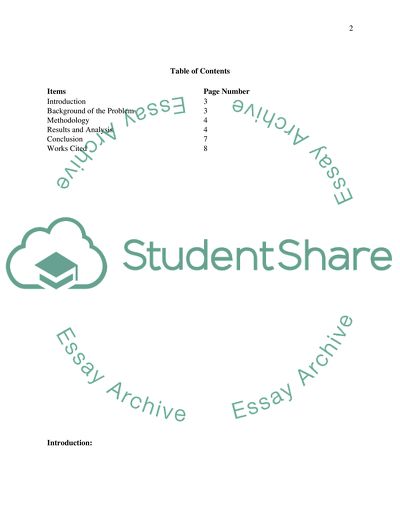Cite this document
(“Legalization of Medical Marijuana in United States Essay”, n.d.)
Legalization of Medical Marijuana in United States Essay. Retrieved from https://studentshare.org/law/1547351-legalization-of-medical-marijuana-in-united-states
Legalization of Medical Marijuana in United States Essay. Retrieved from https://studentshare.org/law/1547351-legalization-of-medical-marijuana-in-united-states
(Legalization of Medical Marijuana in United States Essay)
Legalization of Medical Marijuana in United States Essay. https://studentshare.org/law/1547351-legalization-of-medical-marijuana-in-united-states.
Legalization of Medical Marijuana in United States Essay. https://studentshare.org/law/1547351-legalization-of-medical-marijuana-in-united-states.
“Legalization of Medical Marijuana in United States Essay”, n.d. https://studentshare.org/law/1547351-legalization-of-medical-marijuana-in-united-states.


